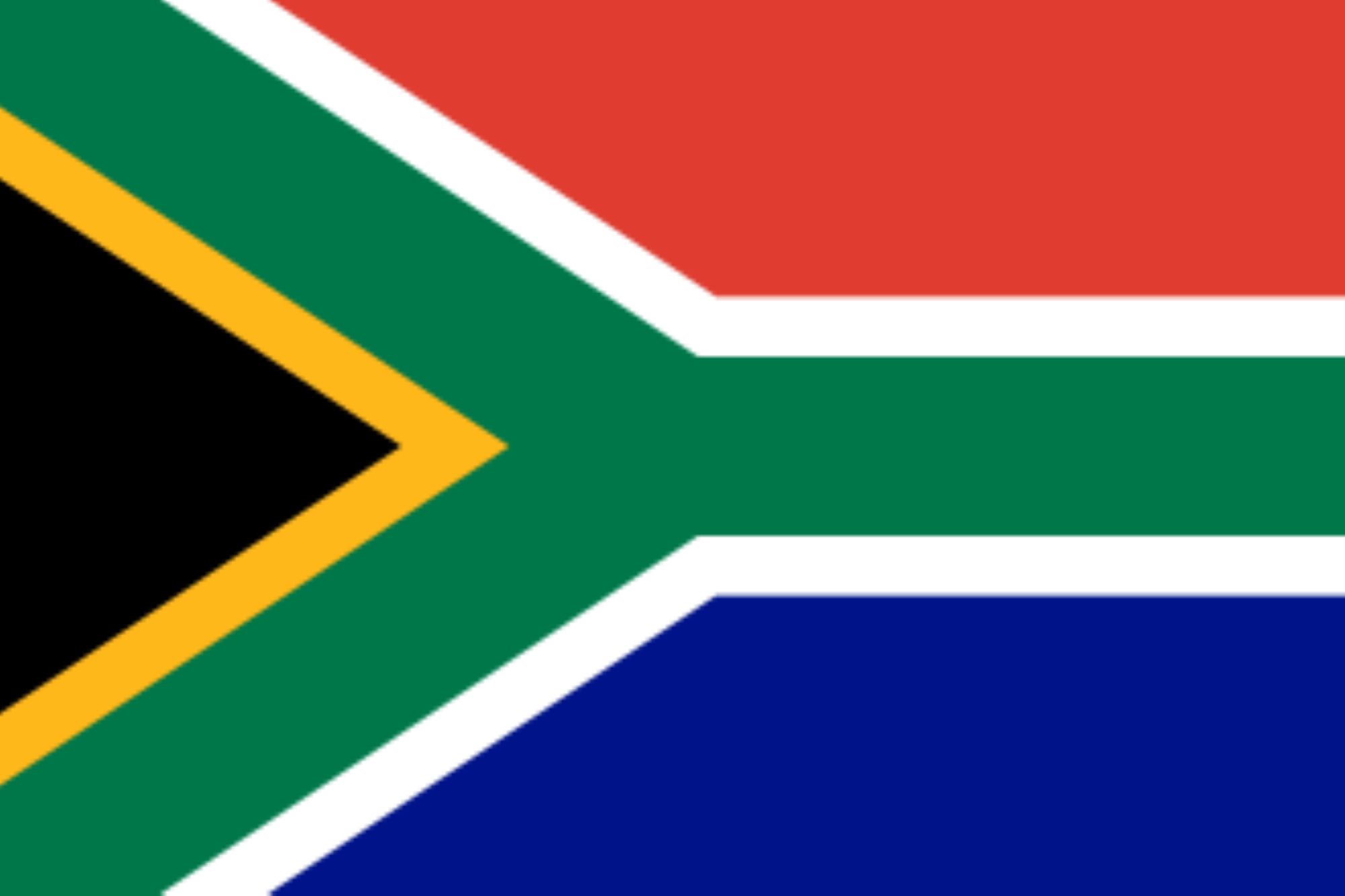
Officially named the Republic of South Africa (RSA), South Africa is the southernmost country in Africa. It is a diverse and vibrant nation, known for its rich cultural heritage, stunning landscapes (coastal beaches, lush forests, deserts, mountains and a long coastline along the Atlantic and Indian Oceans), biodiversity (with many national park such as Kruger National Park, where visitors can see the 'Big Five'; lions, leopards, elephants, rhinos and buffalos), and complex history, especially its transition from apartheid to democracy in the early 1990s.
South Africa is unique in that it has three capital cities, each serving a different governmental purpose:
Floods, droughts, storms and wildfires.
Here are some traffic-related violations you should know:
South Africa has a demerit point system (AARTO), where points range from 1 to 6 depending on offence severity. Accumulate at least 12 points, your licence will be suspended (recent laws cite 15 points, leading to a 3‑month suspension). Further offences can result in permanent license revocation.
If you gain a fine while driving a rental, rental companies may send you text warnings via GPS, not official fines. If a fine is officially issued (e.g., via camera), the rental agency may charge your card or take it from your deposit.
Sending payment can become bureaucratic with some municipal offices won’t accept payments outside their jurisdiction. And be careful; people sometimes impersonate officials and may ask for "tourism levy" fees, which are not legitimate unless from a proper ticket office.
South Africa has 12 official languages; Afrikaans, English, Ndebele, Sepedi, Sesotho, Setswana, South African Sign Language, Swazi, Tshivenda, Xhosa, Xitsonga and Zulu, but Khoe languages and Khoisan languages, along with Nama, Gujarati, Telugu, Tamil, Urdu, Hebrew and Sanskrit are also spoken.
In South Africa, vehicles drive on the left. The minimum driving age is 18, and the renting age is 18 - 23 depending on the company. However, some rental companies only accept drivers that have held a valid license for at least 1 – 2 years (again, depending on the company), and may charge an underage surcharge for drivers under 25.
Valid foreign driving licenses in English are accepted for up to 1 year. So UK drivers don't need an International Driving Permit (IDP), unless they have an older paper licence. However, an IDP is recommended for when renting a car and for interactions with authorities.
Highways are generally good, especially between major cities (N1, N2, N3, etc.), while rural roads can be poorly maintained, especially in remote areas, and potholes are common outside urban centres. In addition; avoid driving at night in rural or poorly lit areas, watch out for animals as they are common in rural areas, especially near game parks, keep doors locked and windows up to prevent hijacks; especially in cities and at traffic lights, stay alert at rest stops and petrol stations, and use secure parking at accommodations.
Toll roads are common on national routes where card, cash and e-tag (for rental cars) are accepted, and if you plan to cross the border into Namibia, Botswana, or Mozambique, inform the rental agency in advance—cross (border documents are also required).
Petrol (unleaded) and diesel widely available. There are no self-service stations; attendants pump fuel and may offer to check oil/water/tyres, and tips (R5 – R10 = £0.21 - £0.42) are appreciated.
As of writing, some areas are considering reducing to these speed limits.
As of 2025, South Africa introduced a zero-tolerance alcohol policy (legal limit: 0.00% for all drivers).
Mandatory for all passengers.
Children under 3 must be properly secured with the appropriate safety seats or risk fines.
Check out more of our Country Guides: